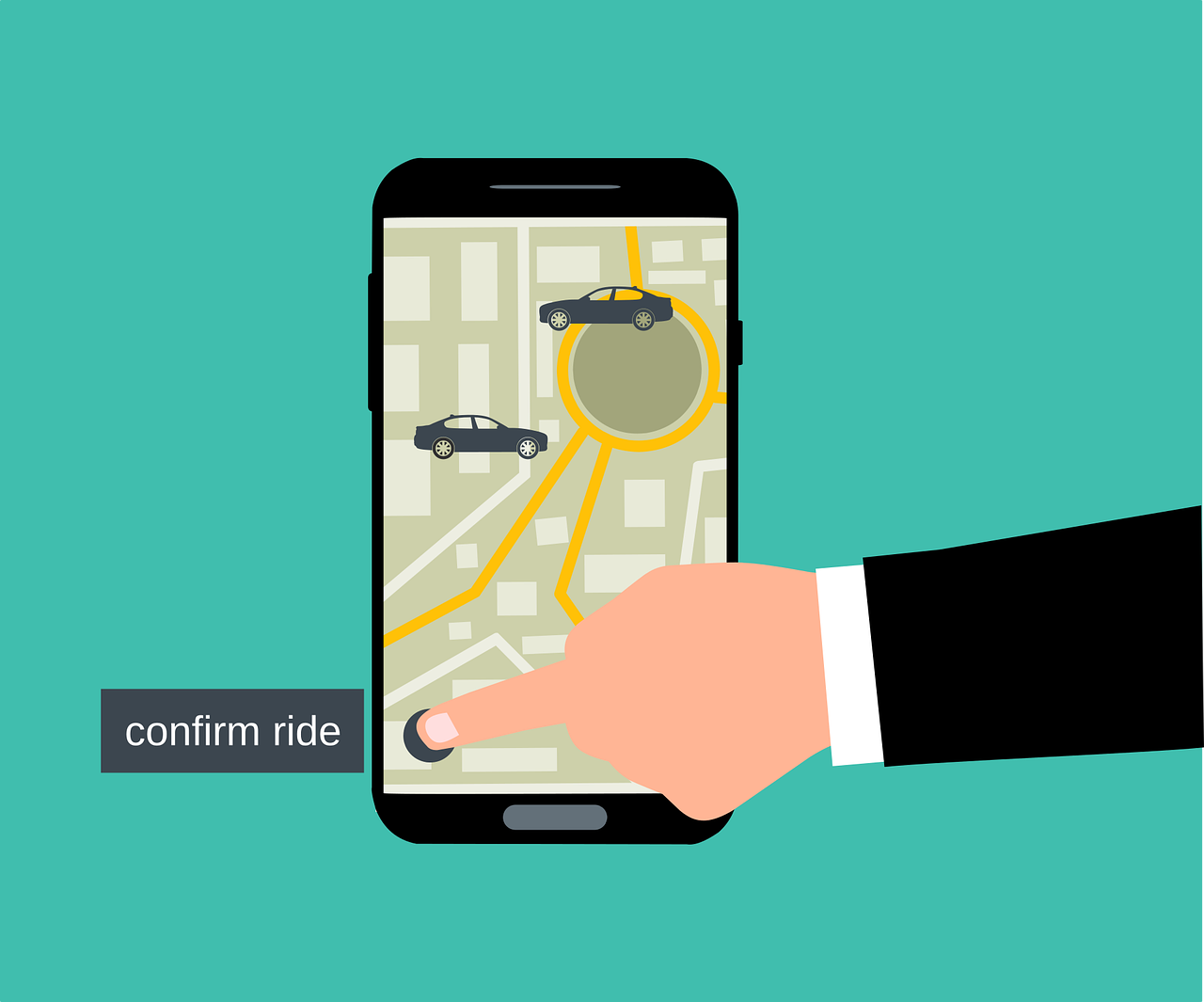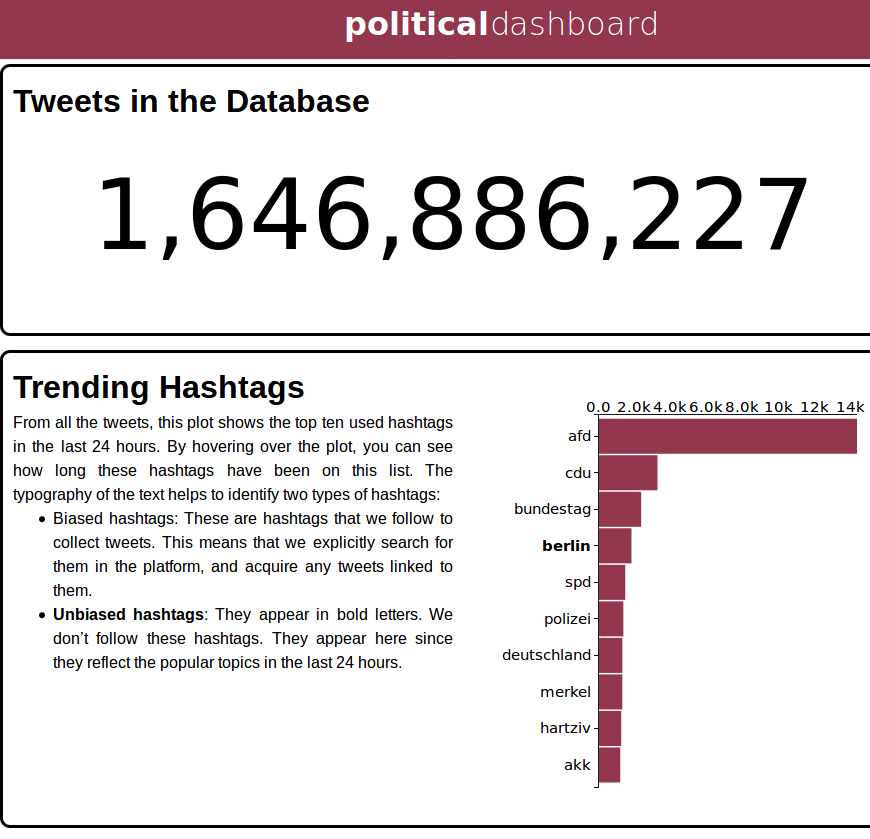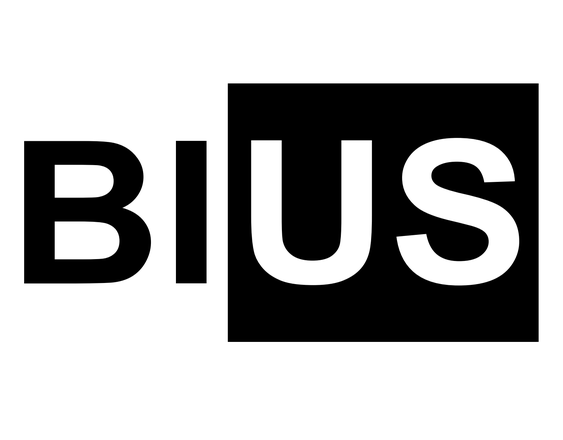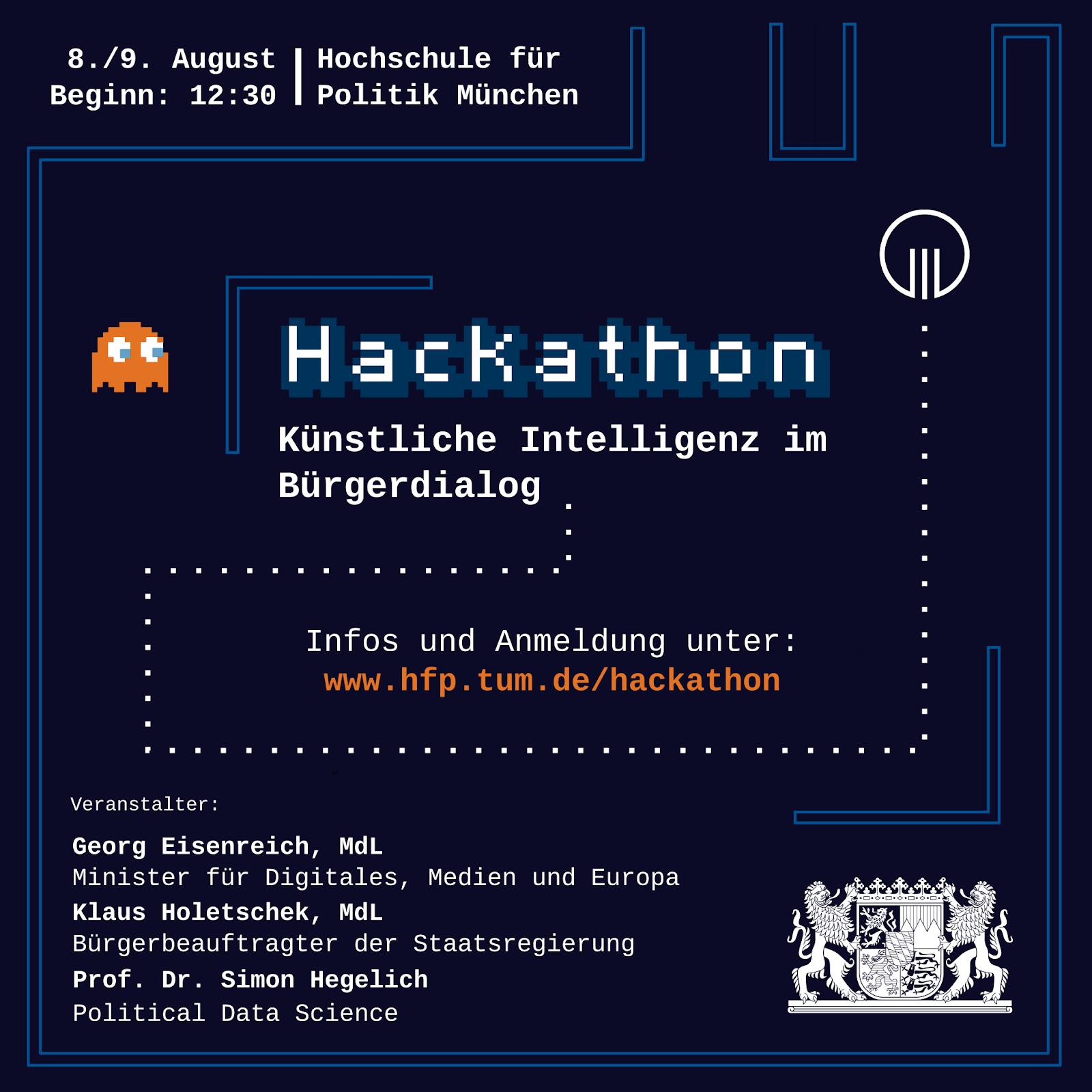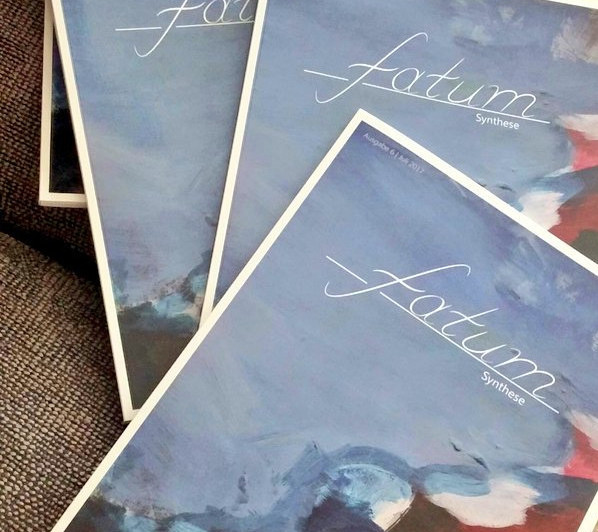Socio-algorithmic impact assesments
The project investigates the influence and effects of black-box algorithms on various stakeholders by qualitatively adn quantitaviely investigating the stakeholders' perceptions of algorithmic function. The project is part of the Princeton Dialogues on AI & Work , currently focusing on the analysis of online food delivery platforms.
